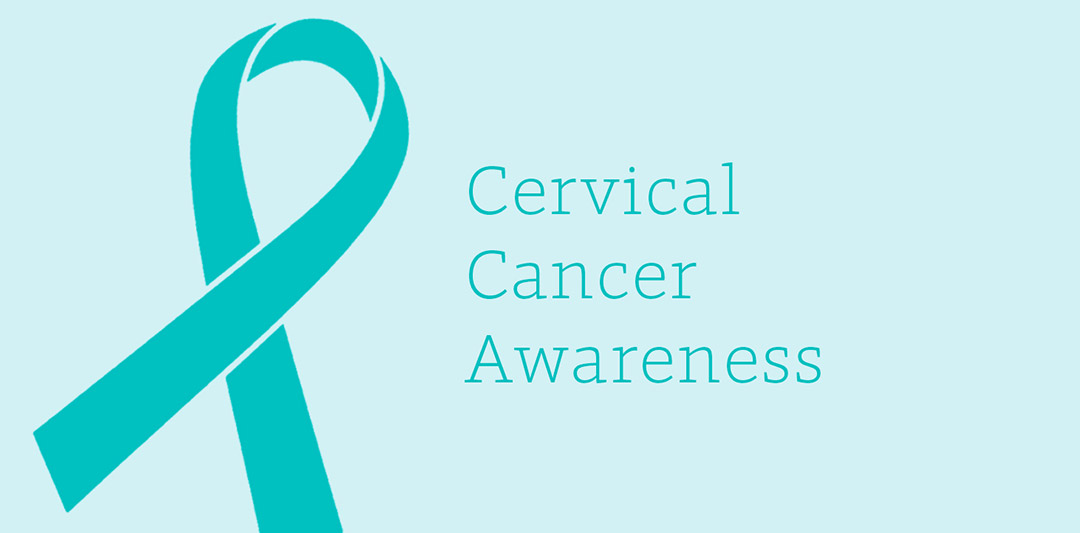
00:21 7th January 2018 | Cancer in Women
Cervical Health Awareness Month January 2017 HPV Information Centre Cervical Cancer LBC HPV Testing HPV Vaccinations Common Cancer Cytology Test
January is Cervical Health Awareness Month. According to a 2017 fact sheet, released by ICO HPV Information Centre on HPV and Cancer, approximately 14 089 Nigerian women are diagnosed with cervical cancer every year of which 8 240 do not survive.
Now, more than ever, we would like to encourage women to come for screenings at our Medicentre that could save their lives. We offer the following two tests:
We also offer HPV vaccines. Keep reading to find out more about the tests and vaccines.
What is Cervical Cancer?
Cervical cancer is the term used when a malignant tumour is present in the lower-most part of the uterus (womb) that opens up into the vagina. Cervical cancer is caused by human papillomavirus (HPV) that infects the cervix. HPV can spread through any form of intercourse or direct genital contact.
CERVICAL CANCER IS THE SECOND MOST COMMON CANCER IN WOMEN.
Can Cervical Cancer be Prevented?
In order to prevent cervical cancer, pre-cancers have to be identified before they turn into invasive cancers. This can be done through a liquid-based cytology test. Early detection is incredibly important. If a pre-cancer is found, it can be treated before it officially becomes cervical cancer.
Females who test negative for HPV can receive a vaccine to reduce the risk of contracting the HPV strain that leads to cervical cancer.
Cervical Cancer Symptoms
Some women do not experience any symptoms.
Cervical Cancer Treatment
Treatment options include surgery, radiation and chemotherapy. A specialist will recommend the best course of action for each case. There is a good chance of cure if the cancer is found and treated in the early stages.
What is a Liquid-based Cytology and Why is it Important?
Liquid-based cytology is the new screening test for cervical cancer control. It tests for precancerous cell changes on the cervix that may lead to cervical cancer if not treated appropriately. This test can reduce your risk of developing cervical cancer or drastically reduce the progression of cervical cancer. Women should start going for screenings from the age of 21.
Where Can I Get Tested
Our Medicentre offers gynaecological services which include cervical cancer screenings (liquid-based cytology). If suspicious lesions are found during the screening, a patient will be referred for further care. HPV vaccine is available which prevents some of the most common types of HPV. Women who are trying to conceive within a year should not get vaccinated for HPV. They should, however, consider our Fit-for-Pregnancy package which consists of further important tests for women planning or trying to conceive.
Who are Most at Risk for Developing Cervical Cancer
Chances of developing cervical cancer are said to increase if you have:
How to Help Reduce Your Chances of Developing Cervical Cancer
The most basic steps you can take to help reduce your chances of developing cervical cancer are:
Last, but not least: go for a liquid-based cytology test every year or as often as advised by your trusted healthcare practitioner.
Book a liquid-based cytology test as soon as possible. It could save your life.
GET IMPORTANT AND RELEVANT HEALTH-RELATED UPDATES
Sign up to receive our monthly mailers.
We urge you to take control of your health in this new year, during Cervical Health Awareness Month. Please feel free to get in touch if you have any questions or to book a consultation.
Email: enquiries@thebridgeclinic.com
Call: 01 631 0092 / +234 (0)1 631 0092
Visit: 66 Oduduwa Way, Ikeja GRA
Search by condition, treatment or keyword and conveniently browse our informative articles
Book an appointment online or search for a clinic close to you.
Book an Appointment